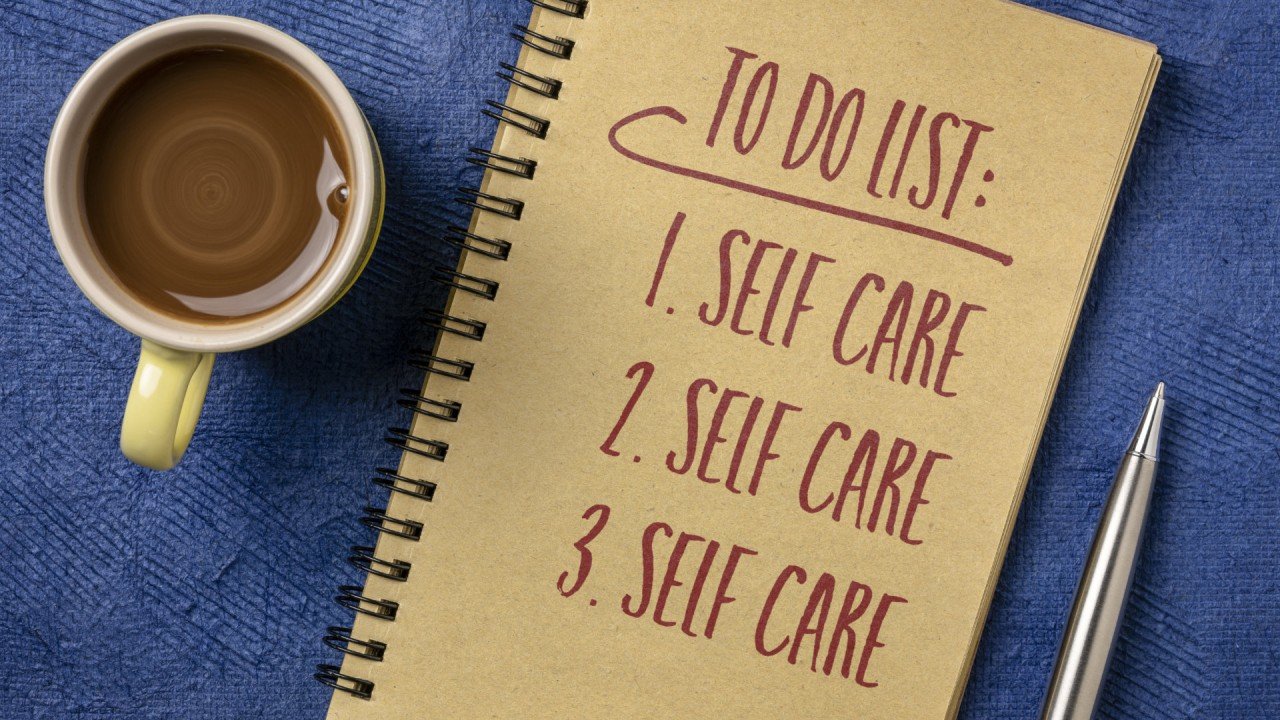Innovate faster. Beat the competition. Create more impact. Increase profit. Work harder. Work faster. Do more with less.
With modern-day demands like these, it's easy to get caught up in the whirlwind of work, deadlines, and responsibilities and neglect our well-being. It's also no wonder that stress and burnout in the workplace are on the rise.
Practising self-care is crucial for a leader's ability to perform, resilience and overall happiness. It's also vital to the people surrounding them. In this article, we will explore the significance of self-care for leaders and provide practical tips for incorporating it into our daily routines.
What is self-care and why is it important?
Firstly, let's be clear. Self-care is not selfish. It is an investment in ourselves to enhance our ability to perform at our best. It is a series of intentional actions and practices to promote multi-dimensional well-being.
Leaders cannot care for others if they don't care for themselves!
How do you practice self-care?
Establish Healthy Boundaries: Healthy boundaries are essential for a healthy work-life balance. They do not mean that you don't work on evenings or weekends. Instead, you set boundaries where constant excessive work might negatively impact your well-being. Start by setting realistic expectations on how much time you invest into exercise, family, sleep, leisure activities and social connections.
Prioritise Physical Health: Physical health impacts energy levels, cognitive function, and productivity. It could be as simple as stretching 10 minutes a day or going for a walk, but start by building exercise into your daily routine. Eat nutritious foods, reduce salt intake, drink lots of water, and ensure you get adequate sleep.
Nurture Mental Health: Mental health directly affects our physical wellness. It also influences emotional and social awareness, how we regulate feelings and respond to adversity. Incorporating self-reflection into your daily routine is a great place to start. You must also engage in activities that help you relax and rejuvenate, such as listening to music, meditation, and painting.
Strengthen Social Health: Social health is our ability to interact and form meaningful relationships with others, and studies have shown that the quality and quantity of our relationships affect our mental and physical well-being. Strengthening your social health will help to build interpersonal relationships with others, so start by engaging in small talk, getting curious about others, identifying common interests, reaching out to old friends, joining a community and practising random acts of kindness.
Practice Gratitude: There's often a narrative behind our thinking and acting. Take the time to remind yourself of things you are grateful for. Be specific. Write them down, or replay them in your mind.
Build a Support Network: Self-care doesn't mean doing everything alone. Surround yourself with a network of people who make you feel safe and can provide guidance, encouragement, and a sense of belonging.
Seek Help: Don't leave it too late. Speak to an experienced healthcare professional if you experience weight loss, lack of sleep, difficulty concentrating or harmful thoughts.
In Conclusion
Self-care is not a luxury but a necessity. It is an investment that will enhance our ability to perform at our best. Self-care requires an ongoing commitment and conscious effort.


